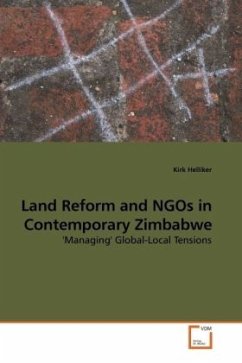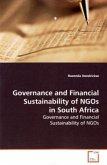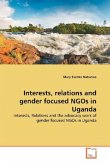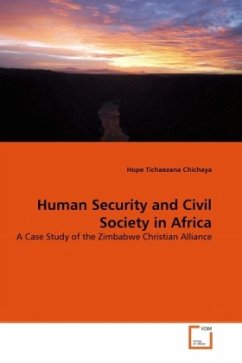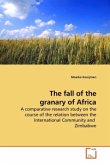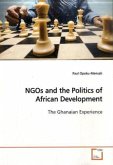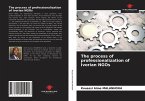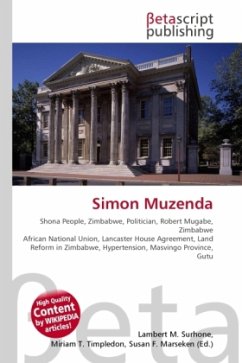Since the year 2000, significant land redistribution (known as 'Fast Track') has taken place in Zimbabwe. This has posed serious challenges for both international and local Non-Governmental Organisations (NGOs) involved in land reform advocacy and rural development. The volume examines the Fast Track process in all its complexities, and identifies the ways in which NGOs have sought to 'manage' the tensions arising from land reform. In the context of conceptualising NGOs as a particular kind of organisational form in the modern world, it is argued that NGOs tend to privilege global forces over more empowering local initiatives, thereby undermining the prospects for social development. In the end, it appears that NGOs regularly valorise their own organisational sustainability.
Bitte wählen Sie Ihr Anliegen aus.
Rechnungen
Retourenschein anfordern
Bestellstatus
Storno

